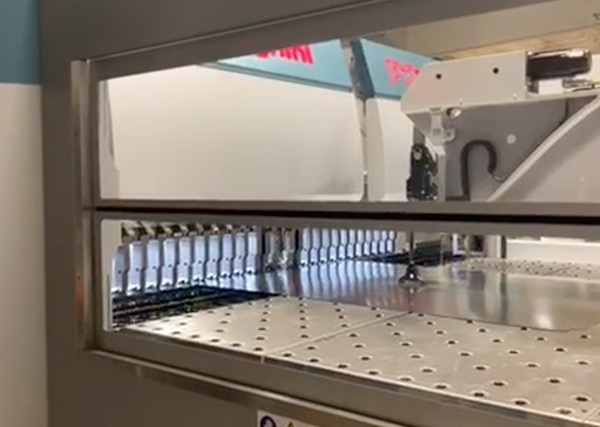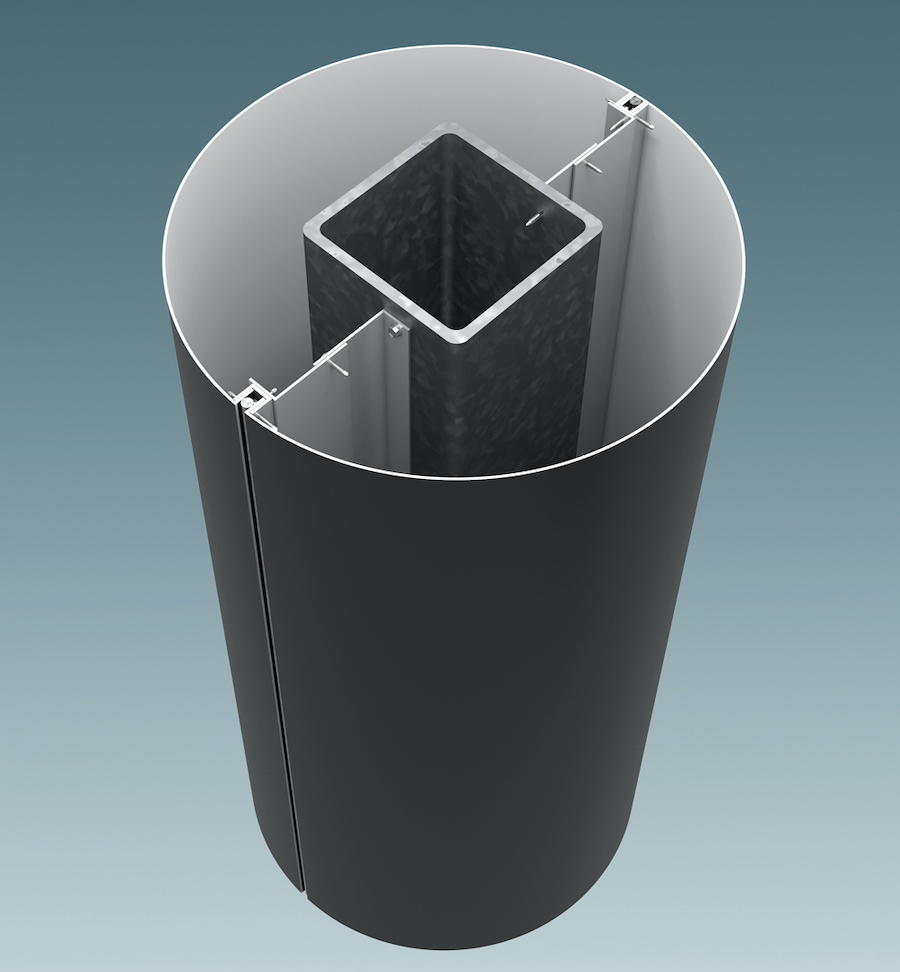SHOP TALK: The Benefits Of Modular Design In The Construction Process

The benefits of modular/pre-engineered construction are endless. It provides a multitude of advantages for not only the fabricator but also the architect, general contractor, and client as well. Modular design has gained popularity in various architectural segments including hospitality, residential and the automotive/corporate identity market.

CEI Materials is a leader in modular construction specifically its use in the automotive market for various dealerships around the country. CEI fabricates the modular entry elements in-house and has them shipped directly to the site.

The benefits for prefabricated elements in the automotive industry are shortened lead times, reduced cost and brand consistency. Similar to the food service industry and any major corporate entity, the image of a corporate brand requires uniformity despite its location around the country. Modular construction allows a series of elements to be produced by the same company with the same system and materials guaranteeing compliance with an image program.

Outside of the automotive industry, modular construction provides further benefits including increased safety and less intrusion to existing businesses, such as a university, that may remain open during the entirety of the construction process. Prefabrication significantly reduces construction activity on-site, which leads to external benefits such as traffic reduction.

When it comes to specifics, certain elements have additional benefits for an installer on site. Having prefabricated accents, such as cornices, allows for expedited field verification and total control of framing and finished panels. Prefabricated sunshades/louvers often minimize the site time required for installation by utilizing modular screens and airfoils.

Additionally, prefabricated designs leave less room for human error as these designs have been proven effective in a controlled environment prior to assembly. The sustainable aspects of this form of construction are most apparent in the significant reduction of waste they provide. Lastly, modular design ensures quality as each element is designed, tested, fabricated and engineered independently.





.png)
